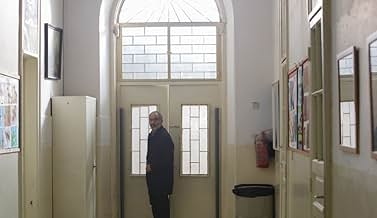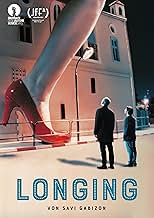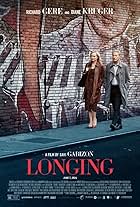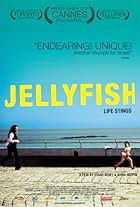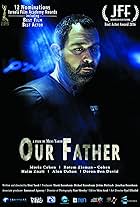The screenplay (which won the so-called Israeli Oscar, the Ophir award) proceeds a little like a detective story. A father's inquiries about the dead son he never met reveal surprise after interconnected surprise. Certainly the father develops a "longing" for his son, so the movie's English-language title is appropriate, but the Hebrew title, Ga'agua, is a strange word to use in reference to someone you never met. It's more appropriate for someone you once knew or somewhere you once frequented. I wonder whether it isn't indicating that the son is merely a symbol for the long-past relationship that produced him. In any case, it appears that as the father learns about his son, he also learns about himself, and although there is a dreamlike congruence about the elements of the movie-- a young girl is in love with a boy too old for her, the boy is in love with his teacher-- nothing is embarrassingly artificial except a coincidental meeting (in the graveyard) with just the right person to propel the plot forward.
The film takes place in Akko (Acre), for whatever reason. The mother remarks at one point that she doesn't have to worry about money (and that's why she never approached the father regarding the son), but I'm not sure that if you don't have to worry about money you live in Akko. Be that as it may, it's good for a movie to have a specific location and Akko is an unusual one. We get to see a little of it, and more would have been welcome.
Besides winning the award for best screenplay, the movie was nominated across the board for acting-- best actor, actress, supporting actor, supporting actress, and for that matter casting.

